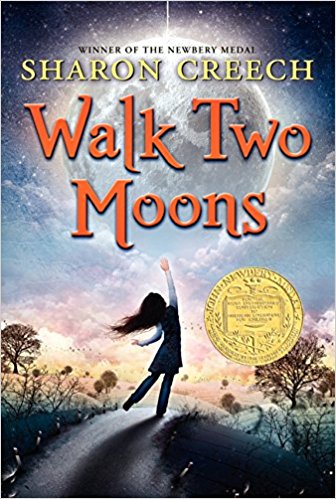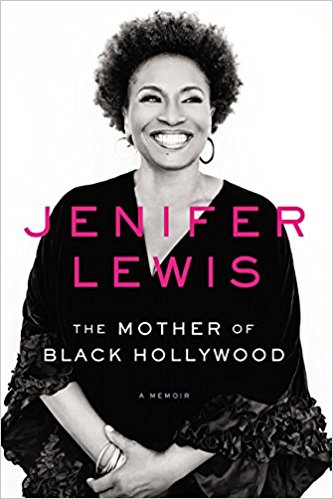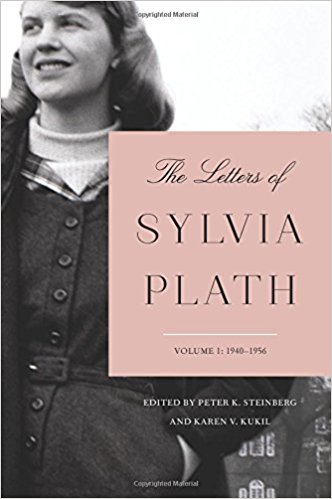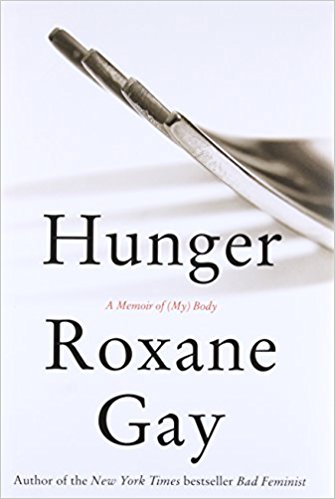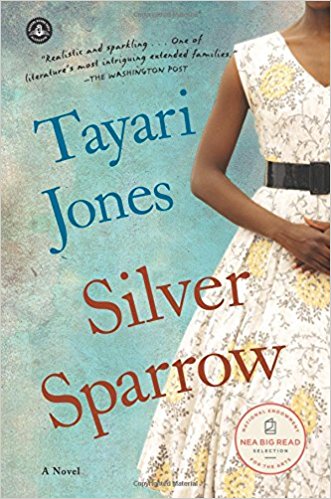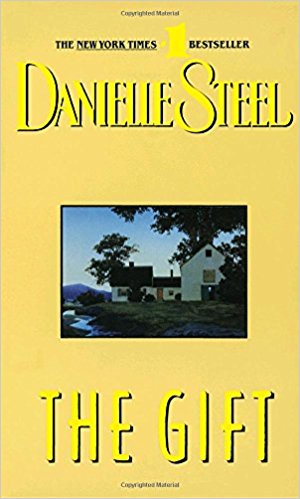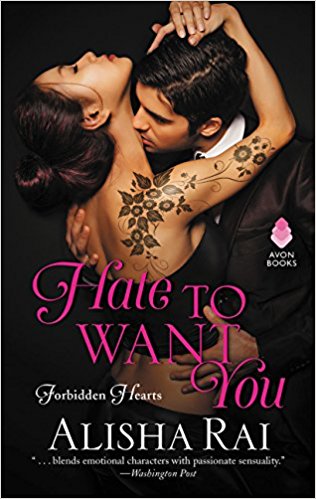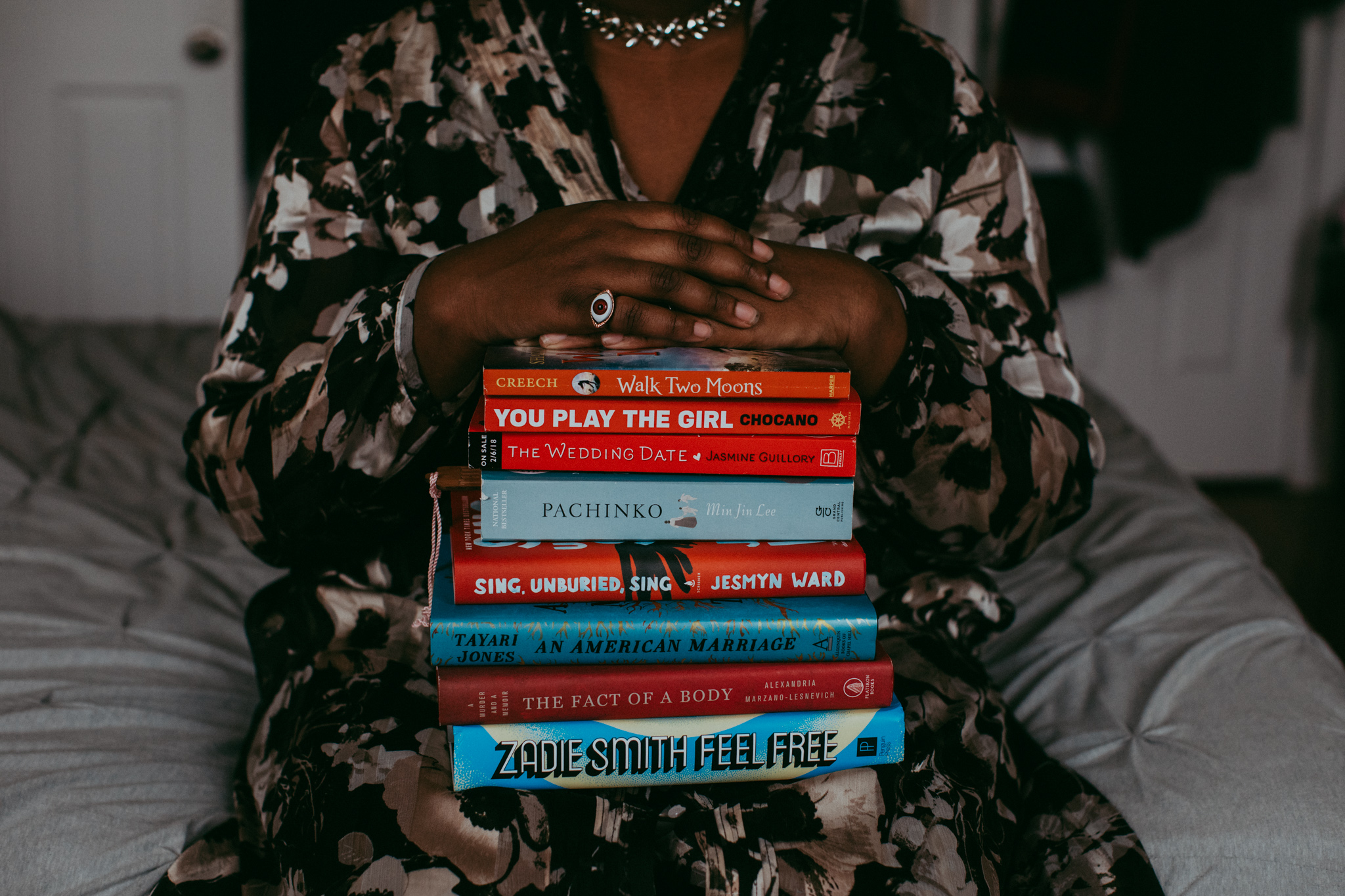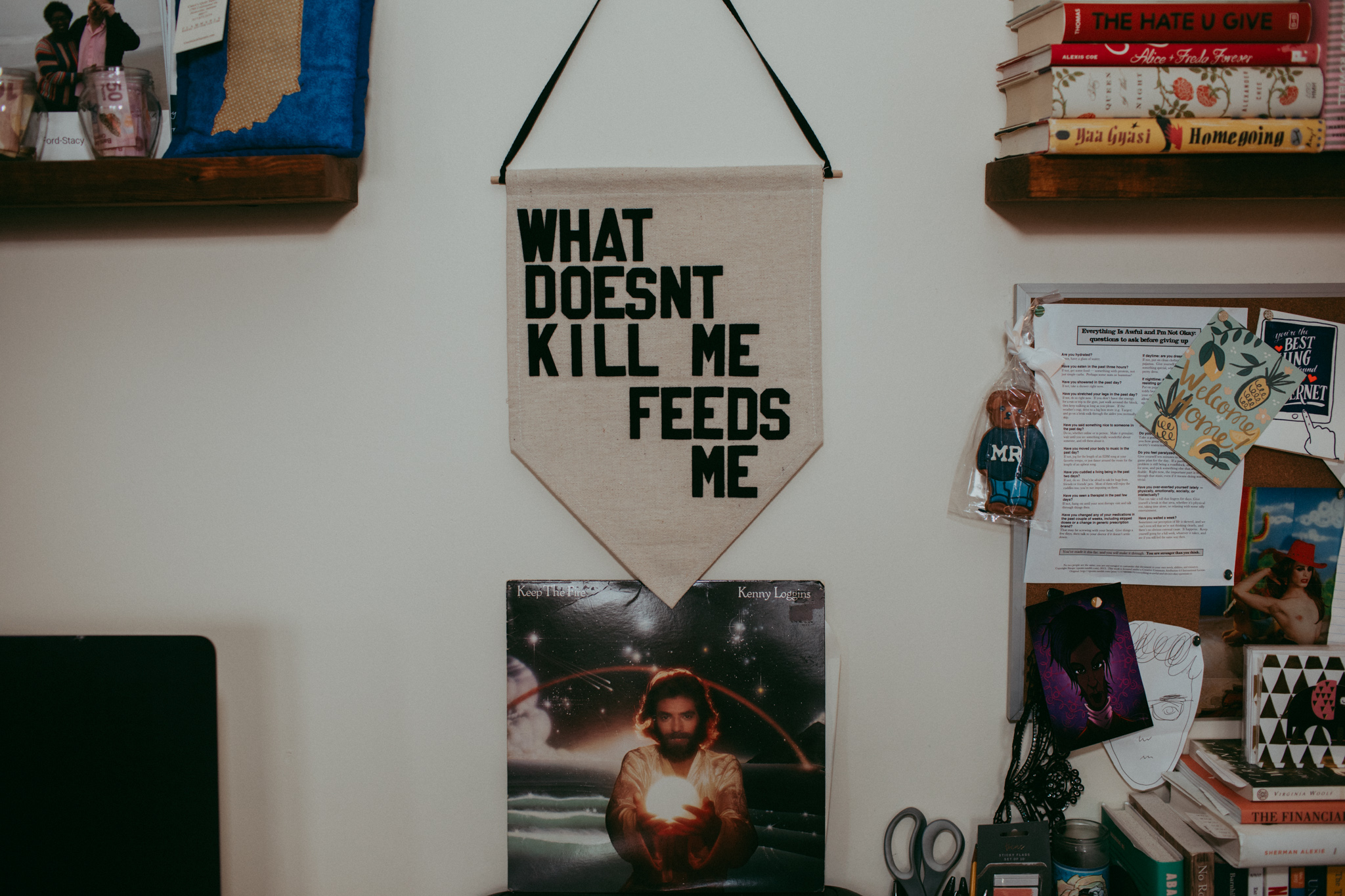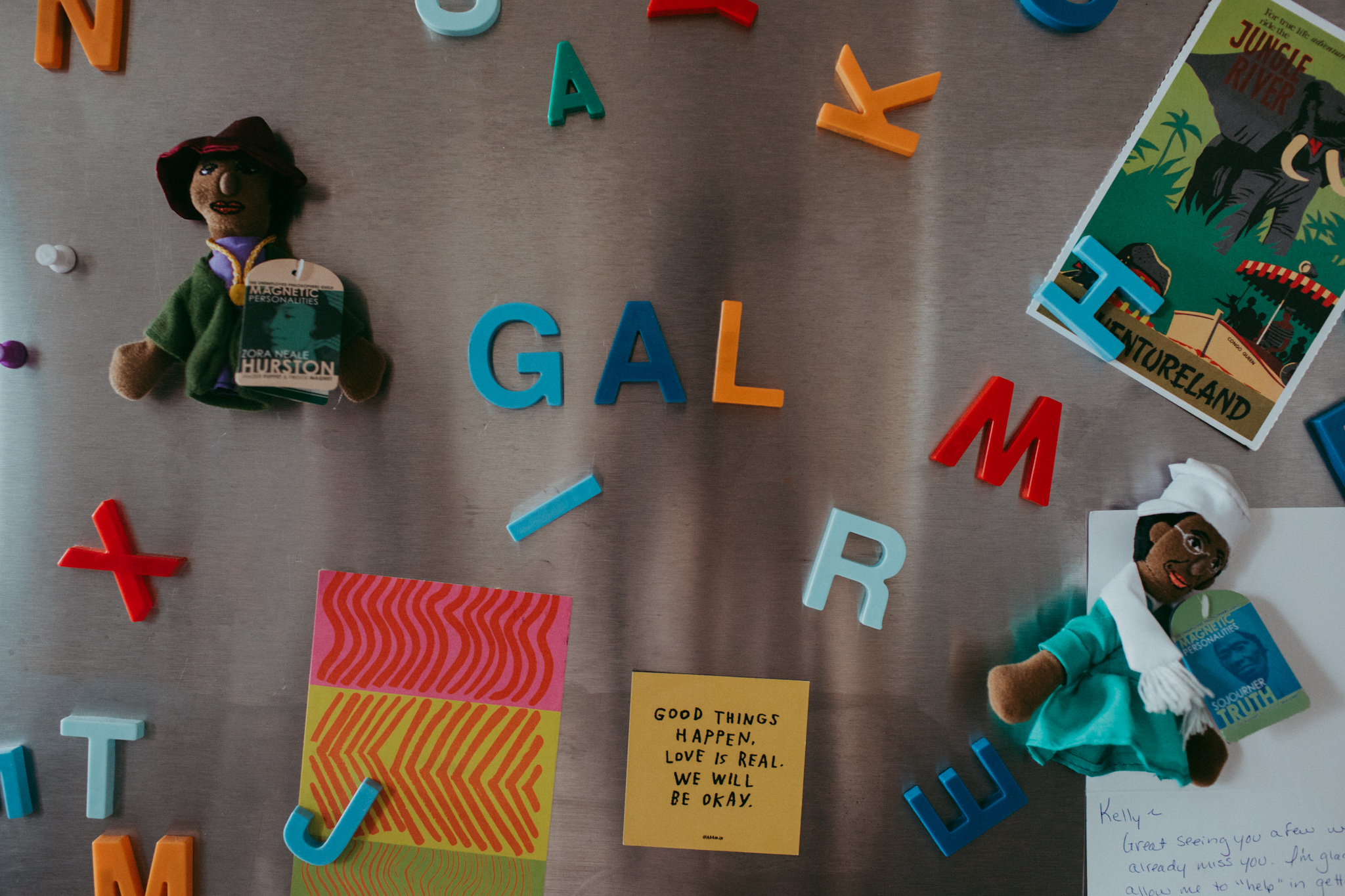
ASHLEY FORD
Ashley Ford is a writer living in Brooklyn, New York. Her forthcoming memoir will be published by Flatiron Books and is titled Somebody’s Daughter. Ashley has had her words published in many different places including The Guardian, Slate, Lenny Letter, and Teen Vogue. Discover the books that helped Ashley develop into the fresh and honest writer she is today.
Photography by Sylvie Rosokoff
Girls at Library: Why do you read?
Ashley Ford: I started reading because it made my grandma happy to see me read. When I lived with her in Missouri, she taught me to read when I was around five years old. We read books and the Bible together along with celebrity tabloids. Something that my grandma realized about me really, really early on is that I had an incredible memory. So not only could she teach me to read the Bible, she could teach me to memorize several passages from the Bible that I would then recite to her friends, making her seem like the best grandma in the world. She would be really proud of me. So, the more proud of me she was with my reading and memory abilities, the more I valued them. Eventually I realized that reading was a way to transport myself for a little while and then I just loved reading. A lot of things just happen at the exact right time to help make me a reader. My mom wasn’t much of a book buyer. I was not a kid who got to order books from… What do you call it? Do you remember you used to get those sheets in class to fill out?
GAL: Yes, like the Scholastic book fairs.
AF: Yes, the scholastic book fairs. I got one of those books one time because I won a raffle but otherwise never ordered any. I wasn’t lucky.
GAL: I'm sorry. GAL will buy you all the Scholastic book fair books now.
AF: [laughs] My adulthood has more than made up for it. But anyway, my mom wasn't much of a book buyer, but when I got back from Missouri, my mom signed us up for a program that sent books to our house every month. I was around the age where it really, really mattered for me to love books and suddenly I had them. The people around me were really encouraging me to read and to be proud of myself for how well I read. And so I think that's where it came from. I’m a people pleaser to the core. Ultimately the thing that I enjoy most in the world I began to enjoy it because somebody else enjoyed me doing.
GAL: When did you know you wanted to be a writer?
AF: I don't think I knew I wanted to be a writer until I was in college. Anybody who knows me will tell you that up until a certain point in college, they may have known that I'd written some poems or some stories here or there, but I had never said anything about any intention of being a writer. When I was in high school the thing that I wanted to be was an actress. I wanted to be an actress because of the fact that, to be perfectly honest, I wanted to be a storyteller. I liked telling stories, and the only way that I regularly saw black women being able to tell stories was on TV or in movies. So, I don't think I realized there was a space for me in the writing space. It seemed like if you weren't precisely Toni Morrison, Maya Angelou, or Terry McMillan, those were the black woman writing jobs and they already had them. So, too bad, like that's it. It wasn't something that I thought was possible for my life until I went to college, and college expanded my mind and my experiences in such a way that I just started being like, why not? College was my why not phase, and I think while my fellow students were saying why not for other reasons, I was mostly thinking about what could be possible for my life. I have always been a person who thought about big potential. I was often scared of it or didn't think I had access to it, but despite whatever fear existed I was still obsessed with it.
GAL: Is there an original piece of early writing that showed you that becoming a good writer was a possibility to work towards?
AF: I wrote a poem in third grade about the Titanic called “That big old ship went down.” My teacher pulled me aside and told me that I had written a fantastic poem, and that I must really understand poetry, and that I should keep writing it. I think that's why I continued to write. It was truly terrible poetry, but I continued to write poetry for years and years. The past maybe five or six years is when I stopped writing poetry. Even now sometimes I think, oh, I should try to write a poem, but I know so many fantastic poets.
GAL: It feels futile?
AF: It does. My fiancé is a magnificent poet. I'll think, oh, I should write a poem, and then I'll read something of his and be like, girl, sit your ass down. Don't you embarrass yourself in front of this man to where he can't love you no more because your poetry is so bad!
GAL: Have you ever shared that with him?
AF: Yeah, he thinks I'm being ridiculous.
“The real problem is that everything at the library is interesting
and you’ve got to pick one thing at a time.”
GAL: What is the power of story? Can you describe some ways in which fictional narratives have impacted you in your life?
AF: I spent a lot of time at the library as a kid. I was always there because home was kind of tumultuous, especially emotionally. So, I would go to the library, and try to find anything interesting to read. The real problem is that everything at the library is interesting and you’ve got to pick one thing at a time. I remember finding a shelf full of these books called American Girl books, and I was immediately curious. The first books I saw had a little black girl on it. At first I couldn't see her name, but it started with an A, and I was like, oh, what is this? All I know is that it’s about a little black girl and her name starts with an A just like mine. It was the first book in the Addy series. Addy is a young slave girl and she's black. I know now that they've changed Addy's story a little bit in the book, but when I was a kid it was a little more violent. The scene I distinctly remember that is no longer in the book is when Addy is in the tobacco fields picking worms off the tobacco leaves, and she's thinking about the fact that her dad was just sold. She's a little distracted, and the overseer is suddenly next to her with a handful of worms that she missed. He takes the worms and he shoves them into her mouth.
GAL: How did you feel?
AF: I think reading that allowed me to admit to my own pain. Up until that point I had been told over and over by adults that because I was a child, I didn't really know what pain was or what hurt feelings felt like. I read that scene and I remember thinking, no, an adult just hurt a child, and that happens and that's real. You can get hurt by adults. They can hurt you in a way that is maybe physical, but also extremely emotionally and mentally painful. After the overseer hurts Addy, she goes home and her family takes care of her feelings. It’s one of the things that was really important about that scene to me is that it wasn't about the physical part of it, the worms are gross and it’s disgusting, but it's not truly harmful in a physical way. The harm is psychological, the harm is emotional, the harm is like confirmation of something that you've sort of always expected, which is that there are people who believe I belong under their boot and I have to live that way. It's not just that they believe that I belong under their boot, is that I have to live my life in adherence to that belief. It was my first experience into what can be the pain of childhood and the pain of blackness when you are the descendant of slaves. Addy’s stories burned into my brain what I'd suspected which was that I was a totally full-fledged human and the things that happened to me and how they affected me were valid. That's when I really started to suspect that might be true.
“I want to read what I want to read, and I want to have a good time when I read.”
GAL: How often do you read?
AF: Not enough man or at least it doesn't feel like enough. I wouldn't say that I got to read books every day. I read a lot of articles online and I don't mind that. I feel like I still learn a whole lot. I wish I had a better balance between what I read online and then what I read in books, but I'm working on that. One way that I'm working on it is I'm going to be the host of two different book clubs. I know that if I'm beholden to other people that way I would sit my ass down and I will read page by page. That's the thing, it's not like I have to go do something I don't like to do, it's just that over the years I've lost a little bit of my focus. It's harder to sit and read books and I'm not comfortable with that. So, I'm trying to correct it. This is a corrective effort this year.
GAL: What are your two book clubs? Are they themed?
AF: I want to read more romance novels because they give me a lot of joy. And for years and years and years, I pushed them to the side in favor of work with 'more gravitas' and found myself to be, perfectly honest, post-election, like “Fuck that!” I want to read what I want to read, and I want to have a good time when I read. So, I started a romance novel book club with Greenlight Bookstore. The first Tuesday of every month, we meet at the location on Flatbush. It's a highlight of my month. It's pure joy. It’s been a journey for me to get to a place where I could do things for pure joy, to know that I love it and that's the only reason. I wanted other people to join me not because I won't read a romance novel by myself, because I absolutely will. It's more because I realized another thing that I want is to be in conversation with women more often. It wasn't something I was getting enough of, at least not in person. My other one is at The Wing in Brooklyn. I’m co-hosting the book club with my friend Diana Cenat.
GAL: Who's your favorite author?
AF: At this point in my life I think my favorite author is Tayari Jones. And I think she's my favorite writer right now because first of all I loved every single thing she's written, not just loved but like aspire to which is different. It's not just like, man, I really enjoyed that. It's like I enjoyed it so much I can't stop talking about it. I love her pacing. It's like she makes me love the things about writing that I thought I didn't care about.
GAL: How do you choose the books that you read?
AF: Lately my book choices are dictated by having to write about it or because I have to be in conversation with this author, or it's a friend and the next time I see them I want to have read their book to be able to tell them how I feel about it. It's usually stuff like that.
GAL: Do you have a current favorite reading spot? Where is it?
AF: Oh yeah, my favorite reading spot is on my couch in the living room. My couch is a little broken right now, but it's okay because it's my fiancé Kelly's fault that it's broken, and he always sits in the broken spot so I don't have to. Our ritual is to curl up on the couch with him on one end and me on the other end. I have a blanket where both of our legs are just in and then we'll just read our own books while facing each other. Kelly will usually put on a record while we're reading and it's really nice. If I could spend a whole day on the couch reading like that with him, it would be a fantastic day.
“I love reading on devices, I read on devices all the time.”
GAL: Is it important for you to physically hold a book that you read, or can you read it on a device?
AF: I love reading on devices, I read on devices all the time. I'm particular about what I read on them though. I like reading romance novels on devices and I also like getting books about industry, or creativity, or the kind of non-fiction that's like a Brené Brown book or something like that. Fiction, memoir, and even short stories or essays I like as physical objects.
GAL: Do you read non-fiction books? Do you have a favorite genre?
AF: Yeah. I really like books of letters. The Sylvia Plath book of letters that just came out is incredible.
GAL: I really want to buy that book.
AF: You must. Another book that I really, really, really deeply enjoyed recently is the memoir by actress Jennifer Lewis. It’s one of the funniest things I've ever read in my entire life. It really freaks me out how funny it was. The third non-fiction book that bowled me over is Hunger by Roxane Gay.
GAL: We have a friend who has a sanity shelf which is dedicated to books that she returns to, again and again, to re-read for pleasure, knowledge, and solace. What books would be on your sanity shelf?
AF: Walk Two Moons by Sharon Creech. Probably Silver Sparrow by Tayari Jones. An Untamed State by Roxane Gay. What else? What else? What else? Oh, Daddys by Lynsey Hunter and The Gift by Danielle Steel.
GAL: Do you have a favorite resource or author for excellent romance novels?
AF: There is an author who I particularly love named Alisha Rai. Read her! My favorite place to read about romance novels and find all my romance novel picks is a website called Smart Bitches, Trashy Books. It’s an amazing website that does different reviews of books. They keep things real. They talk about diversity and romance, feminism and romance and they do a really good job with it. Anything they recommend, anything that they're really excited about, I get really excited about because I know it's going to be fantastic.
GAL: If you were to write your memoir, what would you title it?
AF: I am writing a memoir and it is titled Somebody's Daughter.
GAL: Congratulations! When does it come out?
AF: I don't know yet. My manuscript is due back to the publisher January 2019. And then we'll go from there. It's an open book.
GAL: Can you please recommend three books and the reasons for your choices?
AF: I Know Why the Caged Bird Sings by Maya Angelou. Not enough people have read this book and it’s so good. It’s a classic for a reason. You can’t walk away from that book not knowing why. An easy win for the reader.
We Are Okay by Nina LaCour. It’s a book about a young woman attempting to build a new life for herself in the wake of tragedy, reckoning with herself and her loneliness. A beautiful exploration of what happens to a person internally. I think people would love it.
BlackGirl Mansion by Angel Nafis. It’s a really brilliant and beautiful exploration of identity, but also of poetry in and of itself. The book pushes the boundaries of poetry to fit the subject. It’s deeply personal and deeply universal.


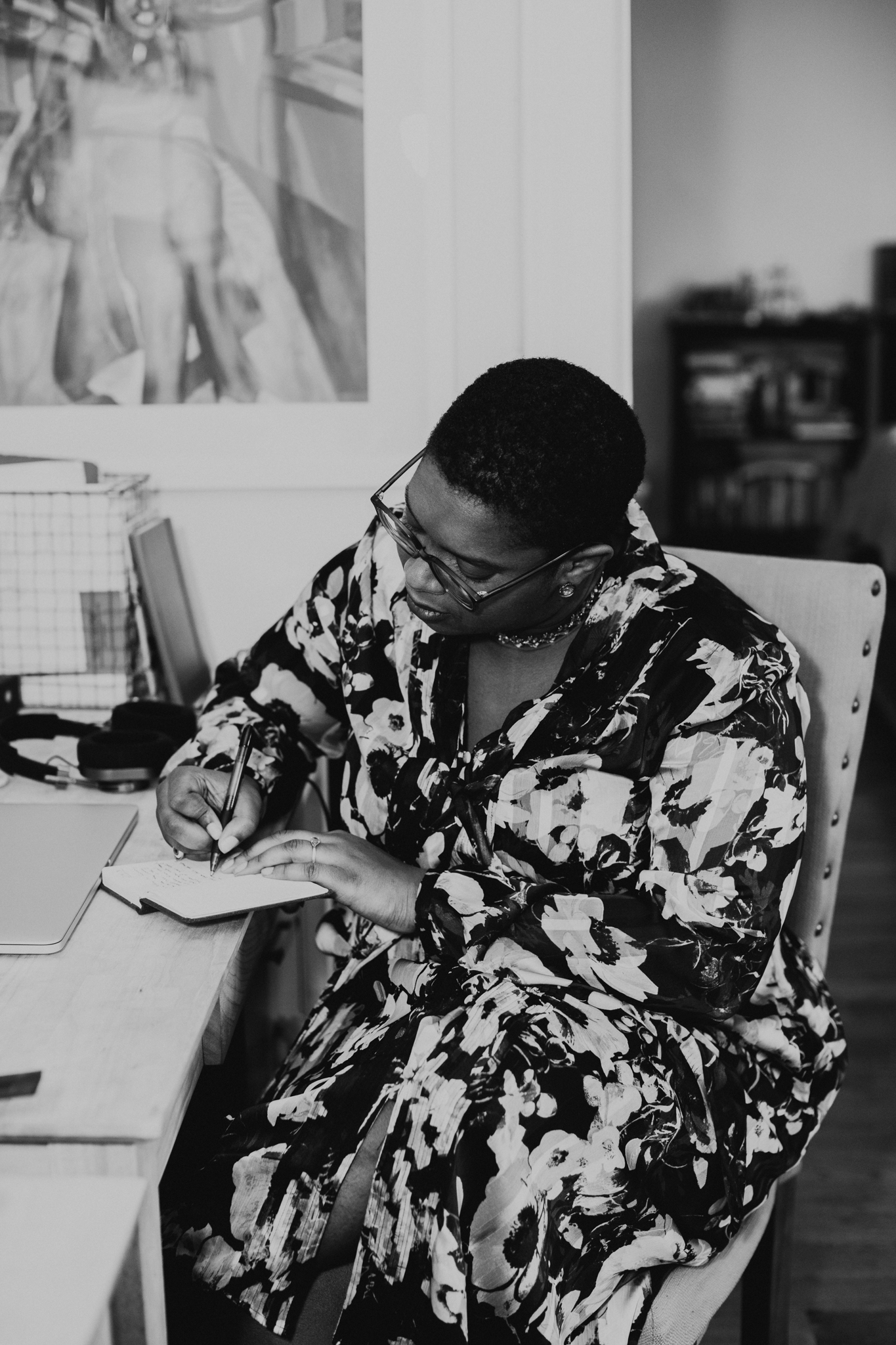
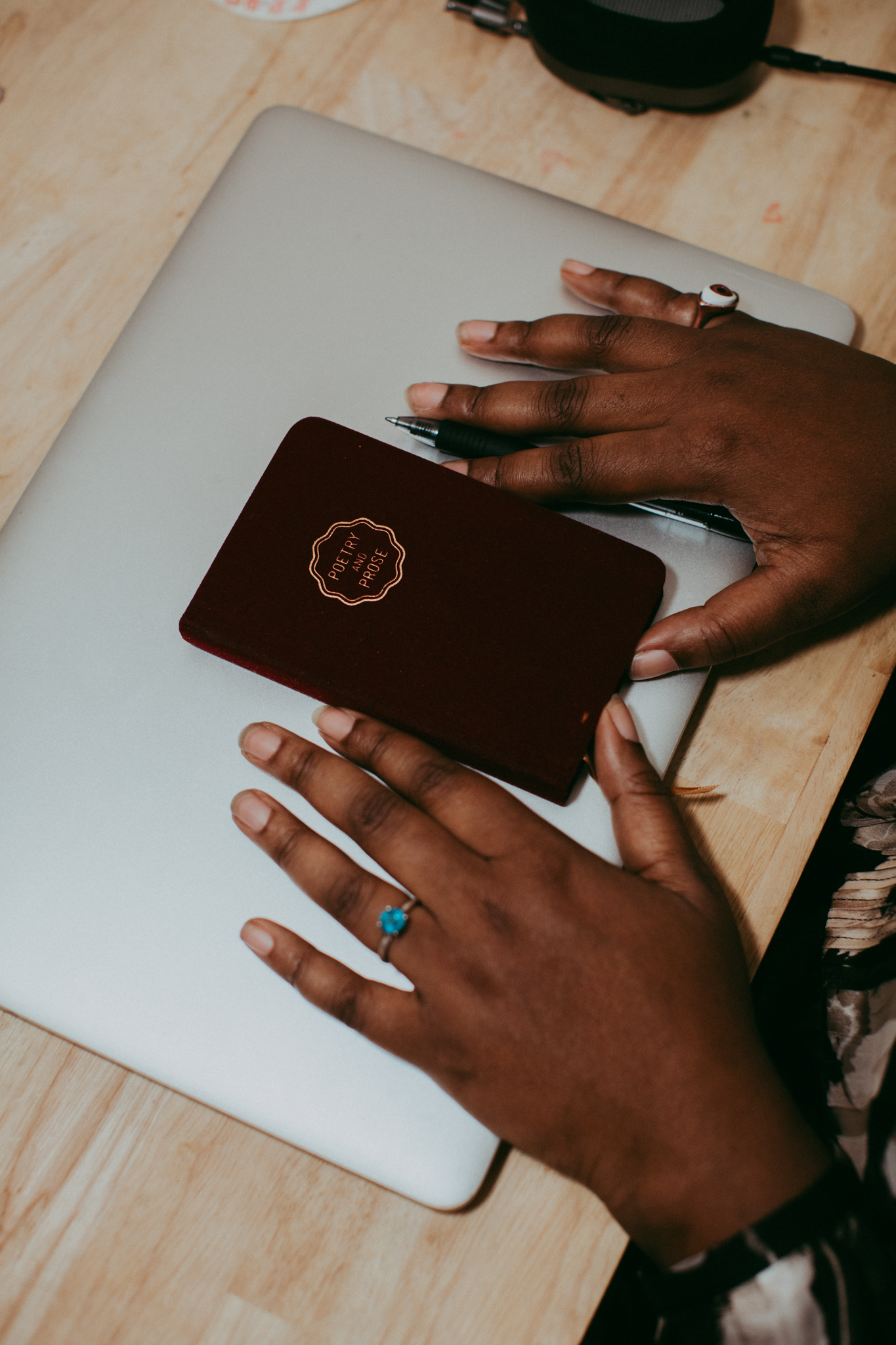



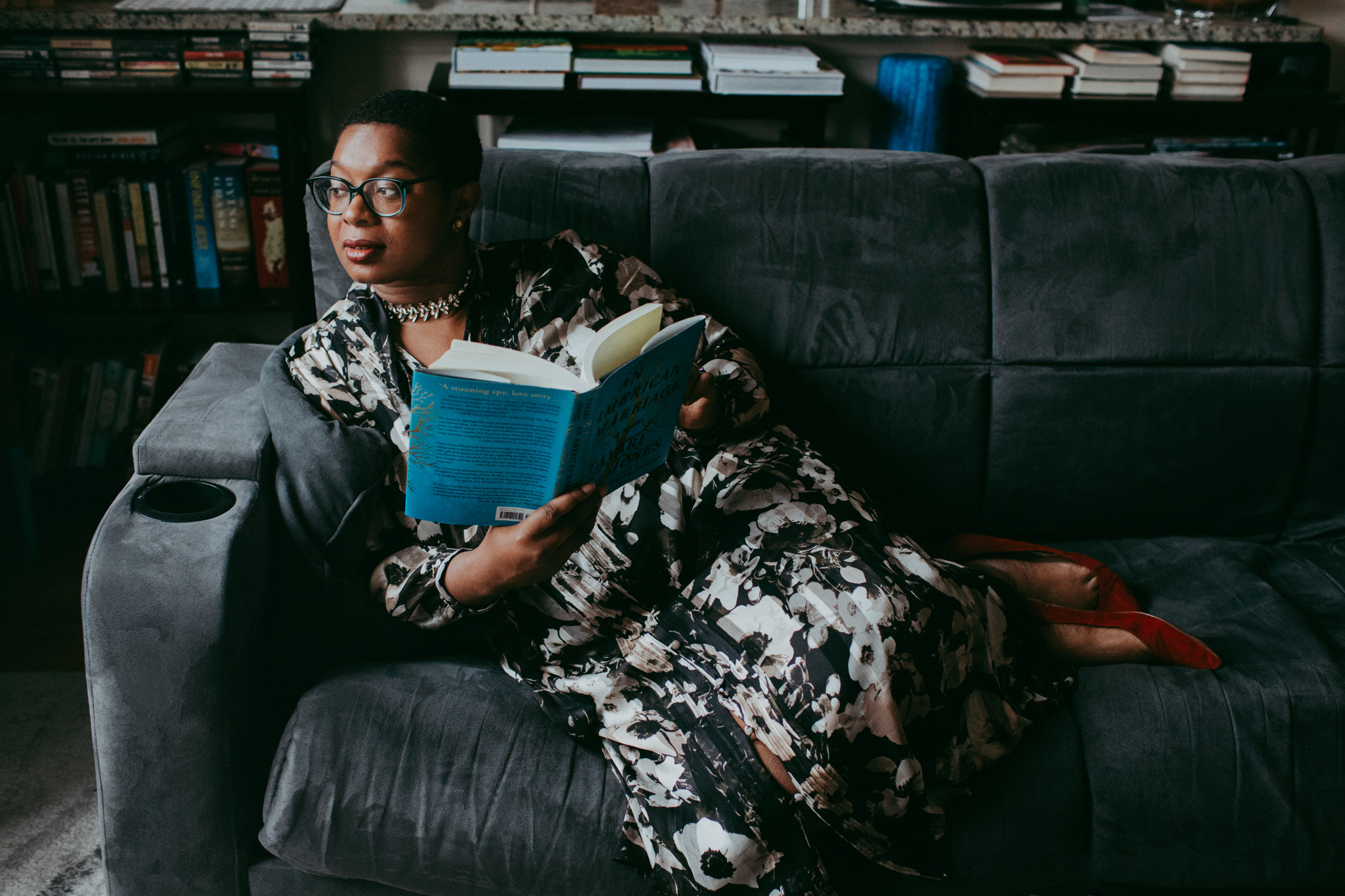
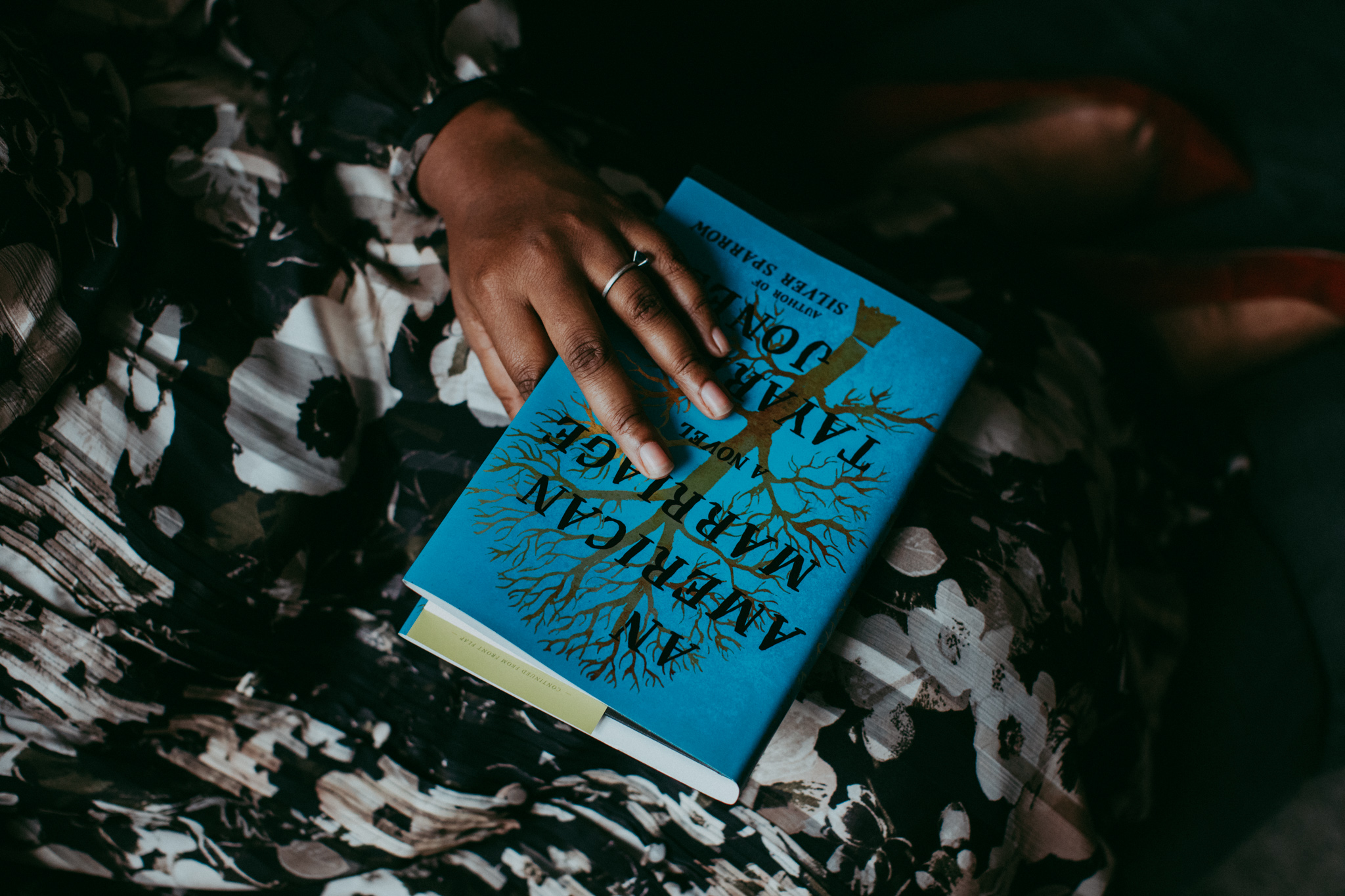
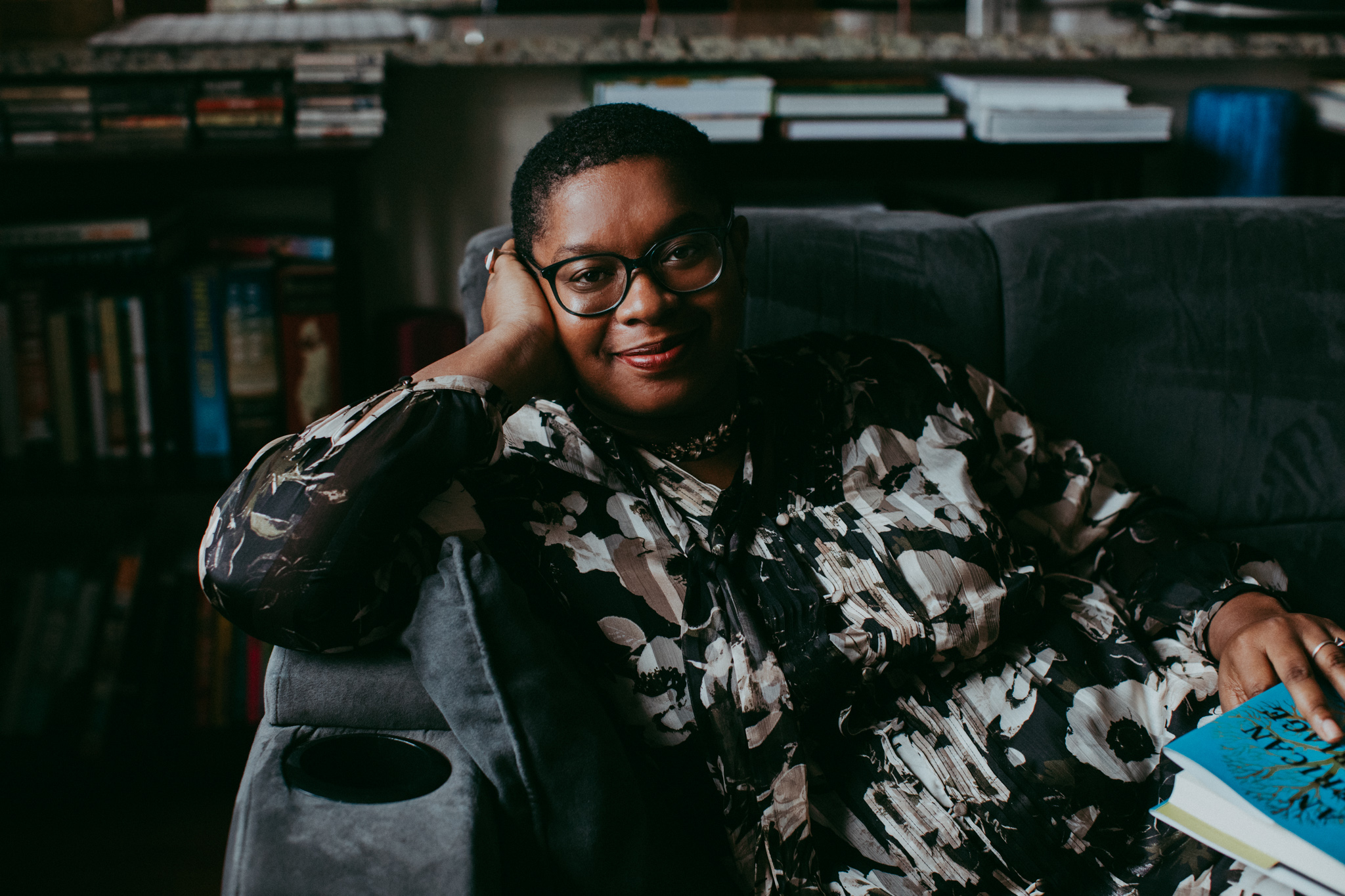



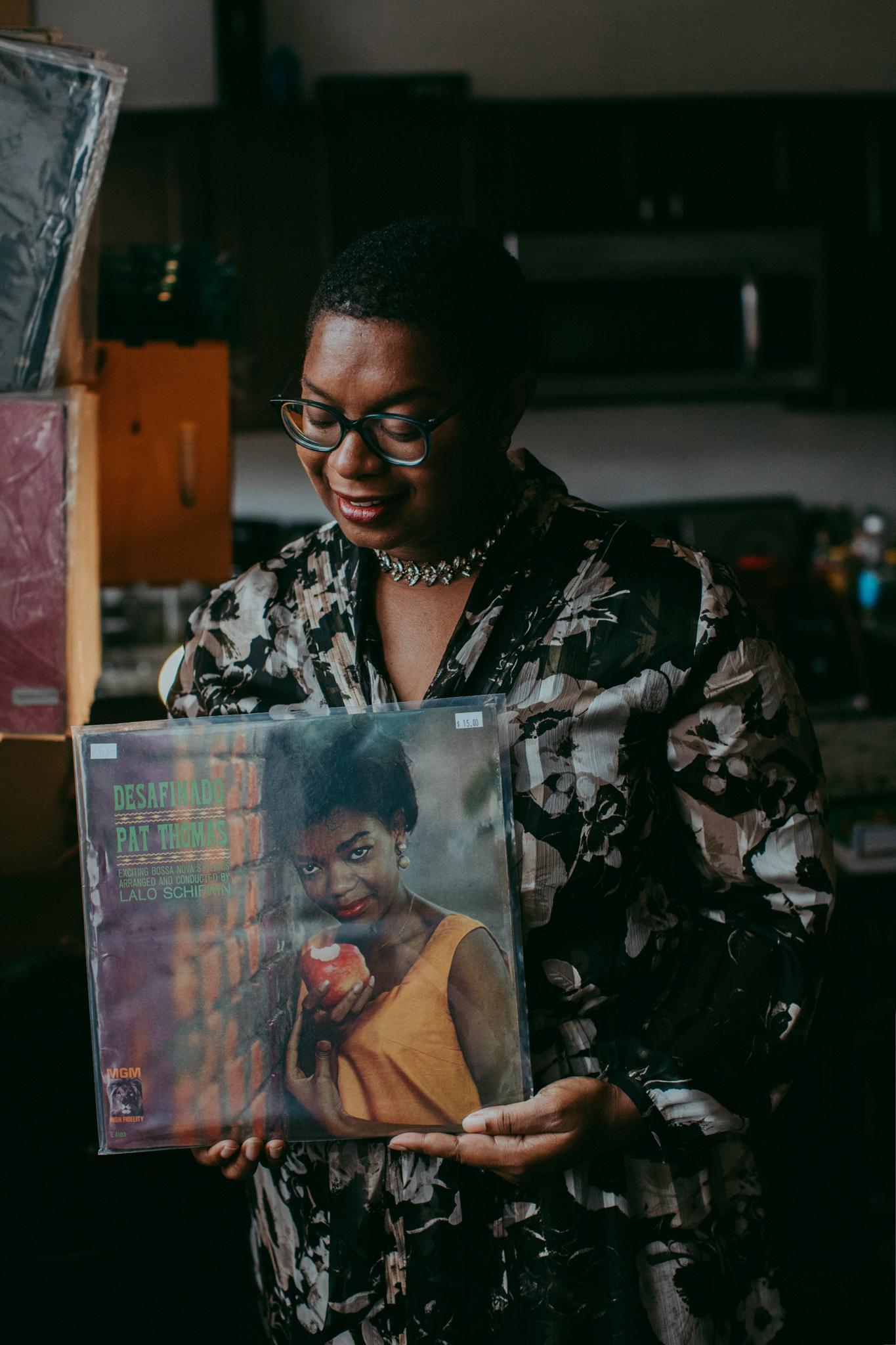
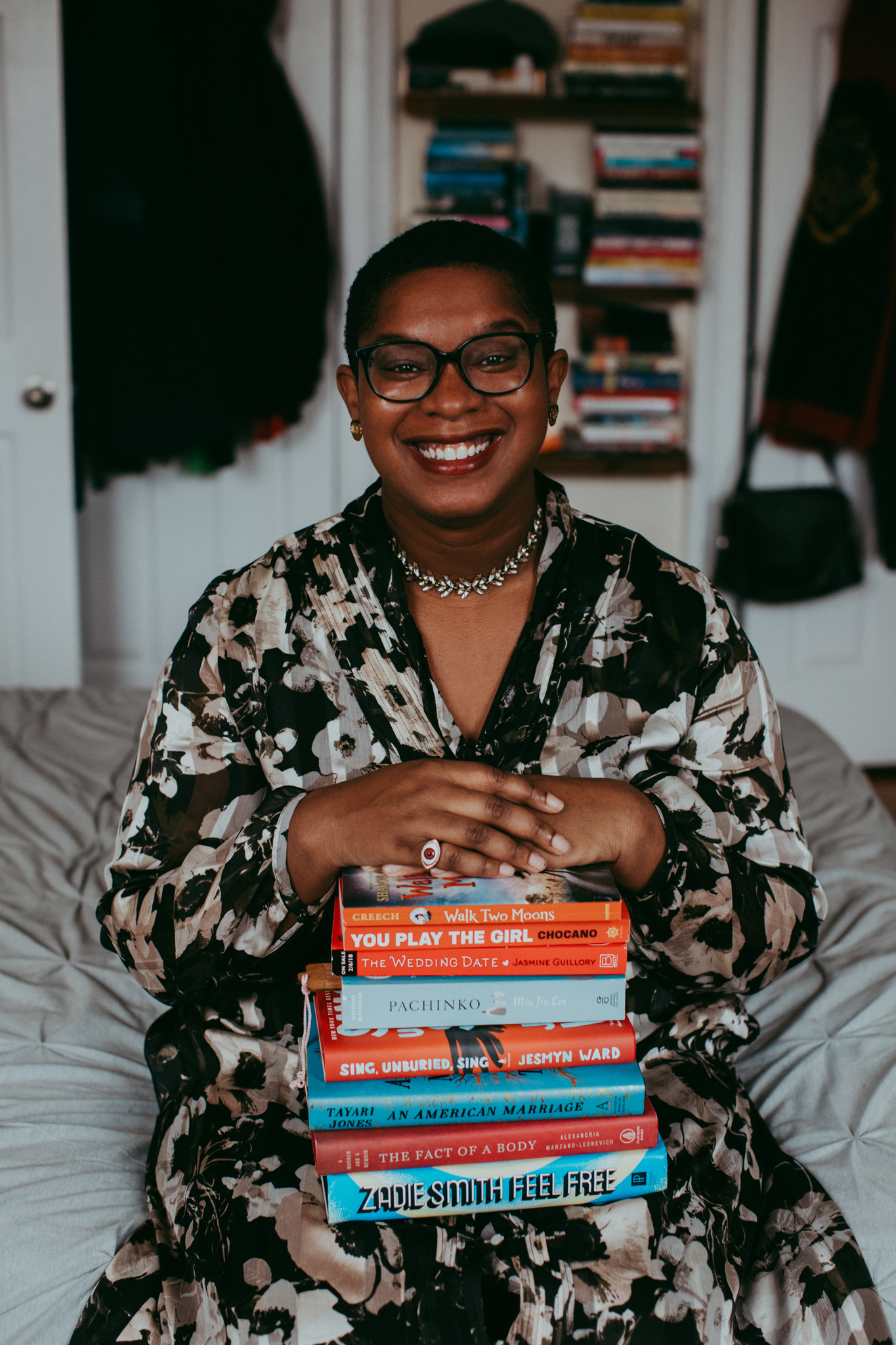
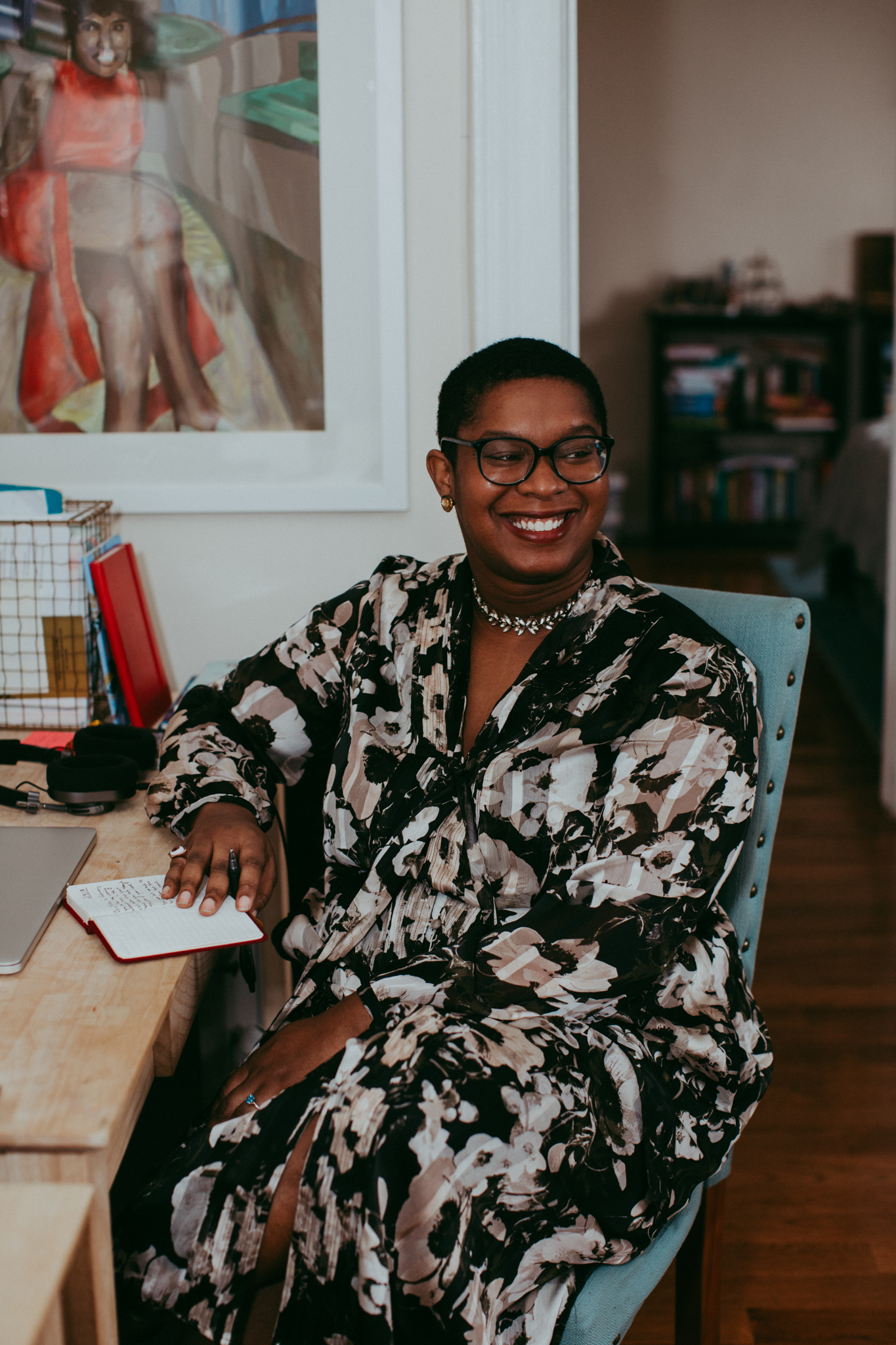

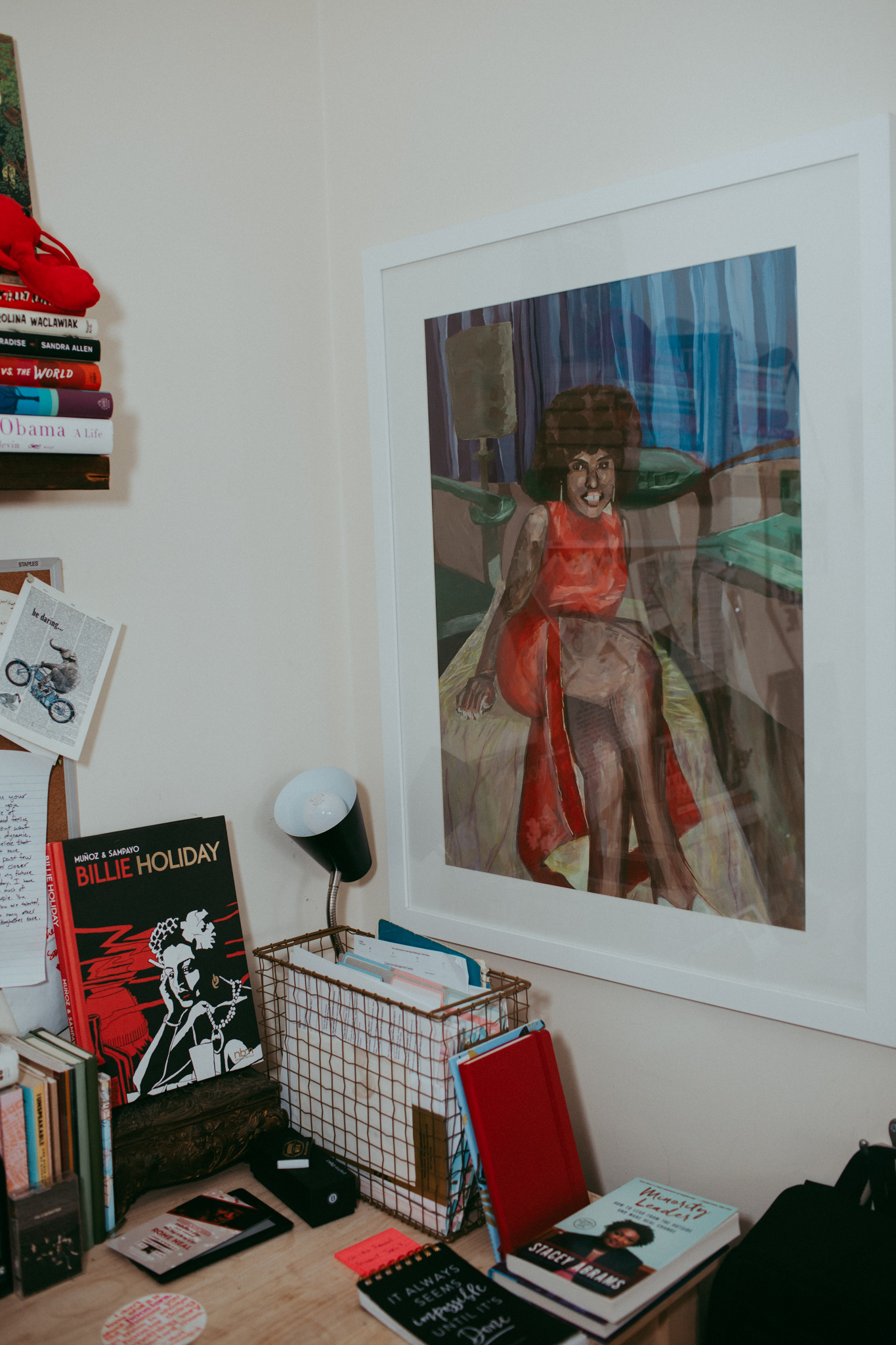
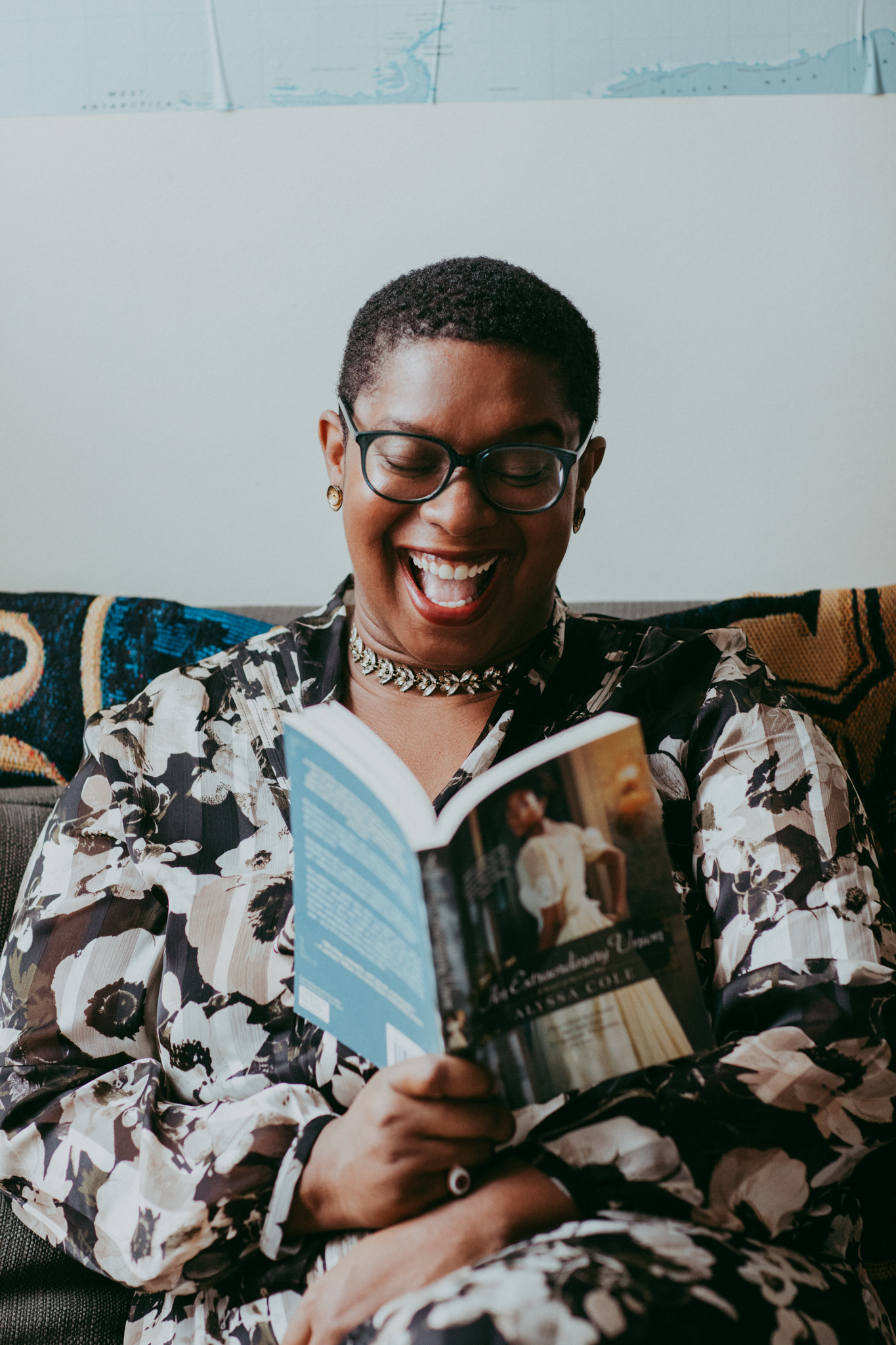

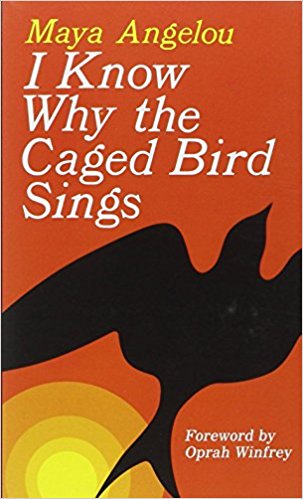
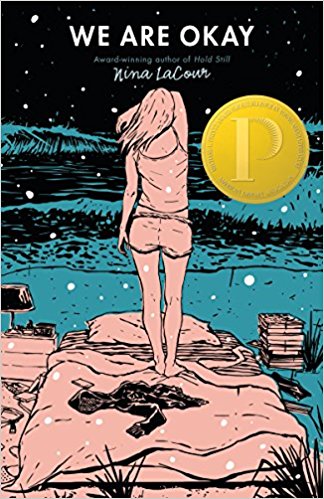
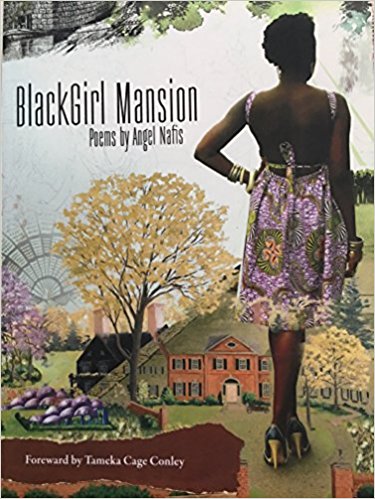
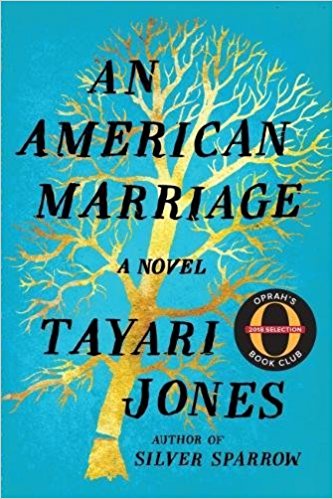
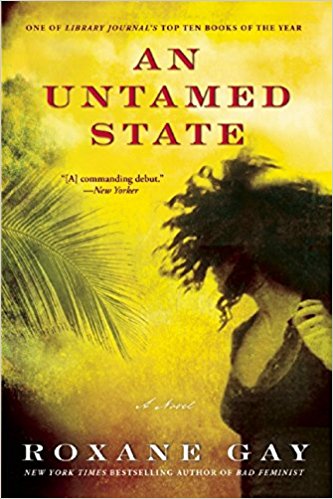
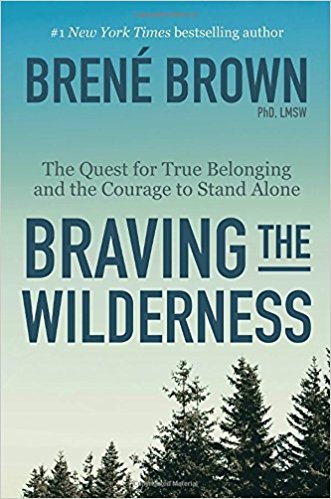
![Daddy's [Lindsay Hunter].jpg](https://images.squarespace-cdn.com/content/v1/57143aa901dbae161fa314ab/1521736349365-9PNY7WRNYUP42N3Y3V0I/Daddy%27s+%5BLindsay+Hunter%5D.jpg)
